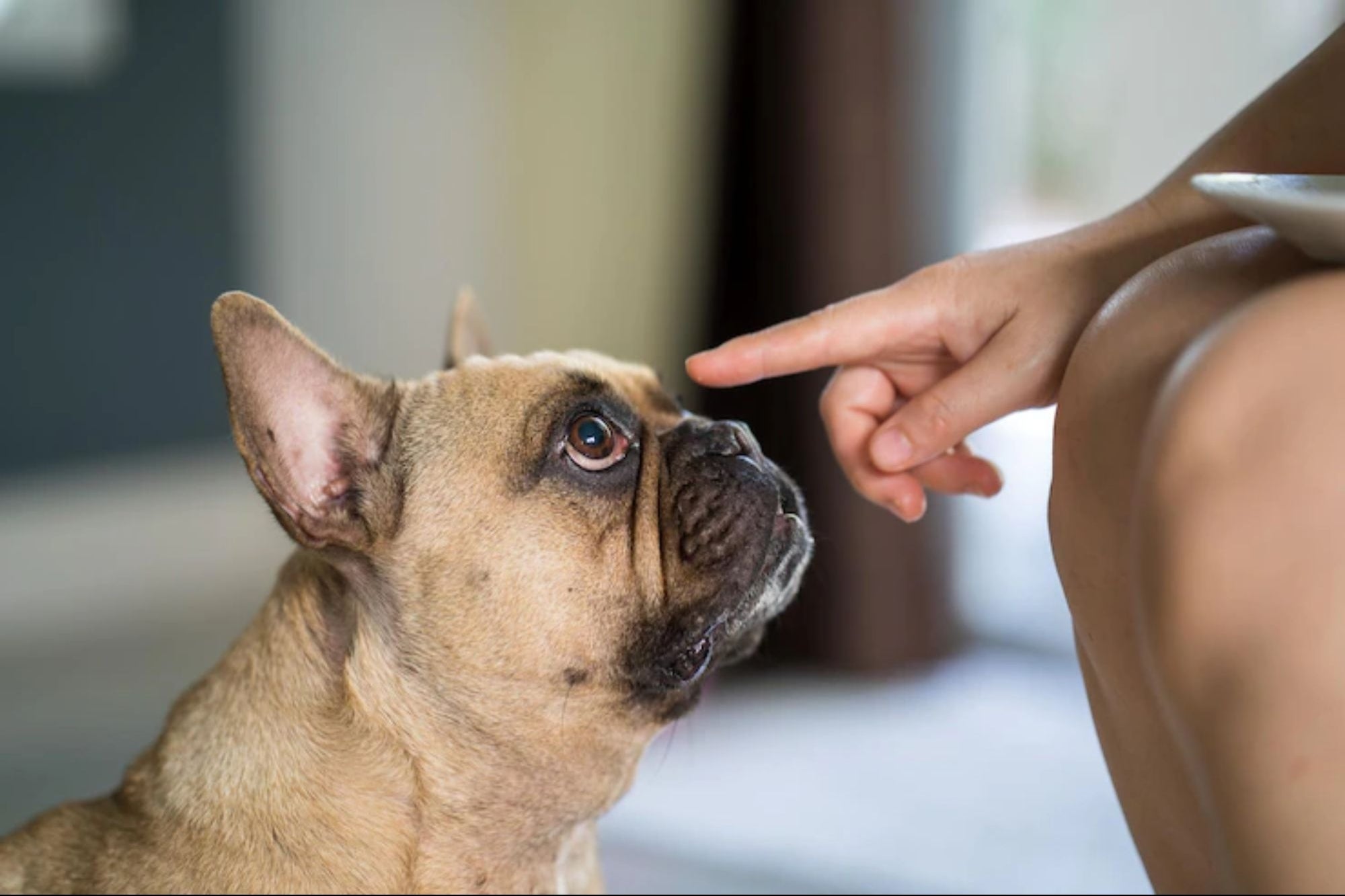The Perks And Quirks Of 'Paw'renting Pet parenting has culminated into a lifestyle, with its own culture, diktats and patterns
Opinions expressed by Entrepreneur contributors are their own.
You're reading Entrepreneur India, an international franchise of Entrepreneur Media.

As I sit in my study, scrambling through the pages of a book, my mind dives deeper into dog psychology.
A soft, furry, manicured paw knocks me out of my trance (literally) and in the rare case that doesn't work, a soft bark or a nose nudging my hand does the trick. Just like that, an otherwise avid reader is distracted with a rather lasting sense of joy for the rest of the day.
I truly believe pet parents find purpose in their pets. What the Japanese call ikigai, or the purpose of one's life, is literally curled up in a corner of the house when the day is at its peak or, in the most usual situation, watching over movements in the kitchen like a hawk.
The rise of pets
As dramatic as that sounds, it is way beyond an observation today; a fact, indeed. Pet parenting has culminated into a lifestyle, with its own culture, diktats and patterns. The line between human and animal prodigies in the house is quite in the blur. The difference has, fortunately, not been sustained; feline and canine descendants stand in the centre of attention in a human-dominated household.
In recent times, the number of people who prefer having pets, has been growing in leaps and bounds. The idea of parenting is revolutionizing and so are the recipients at the end of it.
The benefits of pet parenting are endless. Starting with improving one's physical and mental health to making one more socially active, a pet is a sentient asset. But the changing dynamics between dogs/cats and humans come from a place of shared love and genuine inclination.
This journey is well-reflected in a transformed vocabulary tossed around the relationship. Human beings are now pet 'parents' and not just 'owners', the connotation being that pets are now subjects of affection rather than properties of fascination.
Now let's take a more objective and factual insight into how pet parenting has seen an exponential rise.
According to a recent survey in the US, around 90 million families have pets. This constitutes about 70 per cent of the total population. In India, there are currently approximate 32 million pets, projecting a sharp growth from just 18 million in 2016.
Finding a 'pawfect' friend
The base of what humans share with their pets is rooted in our inescapable need for companionship. It is no secret that dogs and cats are great stress relievers. In a world like ours, that simply seems something all of us seek- the presence of a loving, joyous and, preferably, tail-wagging companion.
The younger generation is driven towards making the world a shared space between different species. Awareness and information is in abundance, and so is empathy. Domesticated animals have been promoted to being family, more often than not, with their own beds and accessories to go with.
Rising levels of education have countered numerous age-old stigmas related to keeping pets. The proliferation of care spaces (veterinary clinics, care centres, grooming places, etc.) and the Internet as a constant source of knowledge have made it easier for debuting pet parents.
Healthy pet, happy parent!
As a pet parent, the concern for our pet's health and well-being is genuine and endless. The responsibility of a pet can be challenging, nevertheless equally fulfilling. The health of your pet needs significant attention.
Here are a few lifestyle habits that you can induce in your pet to keep them healthy every day:
The right nutrition: It is a must to strictly avoid excess fats, sugar and sodium in your pet's food. Also, pets must be fed in absolute control as far as the frequency of meals is concerned.
Treat them with natural products: The care regimen for your pets requires a touch of nature. Make sure your pets get their due of delicious vegetarian and nature-based treats alongside conventional meat-based meals. Even for their grooming needs, switch to natural products and protect your pet's sensitive skin from chemicals.
Human-pet bonding: Your pets require socializing as much as you do. Spending time with your pet is necessary for their physical, mental and emotional well-being.
Training your pet: Training isn't optional. Mental stimulation is as important in animals as is in a balanced diet. Learning and practicing new tricks is the best form of mental exercise you can offer a dog/cat.
Regular vet visits: A regular checkup hasn't hurt anybody. Besides, your pet must also be taken for grooming sessions and outdoor activities from time to time.










